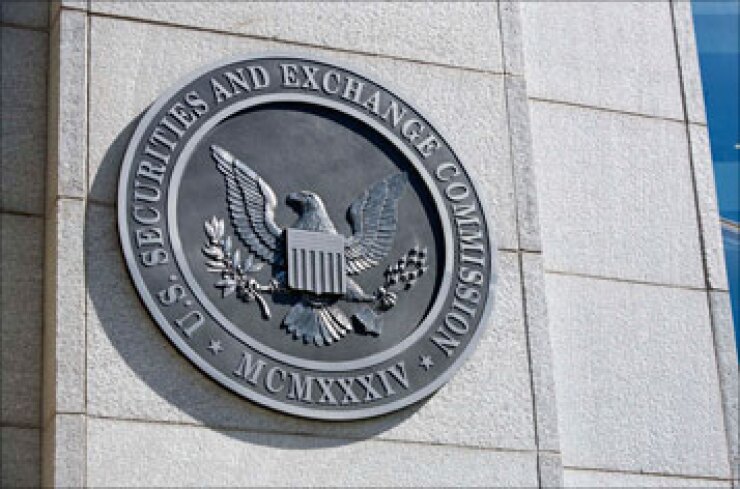The Securities and Exchange Commission has charged the City of Rochester, New York, the Rochester City School District’s former finance director and the city’s former chief financial officer with misleading investors and providing outdated financial statements in connection with a $119 million bond offering in 2019.
The Commission also charged municipal advisory firm Capital Markets Advisors and its co-principals with breaching their fiduciary duty to the city and failing to disclose conflicts of interest to its municipal clients.
In complaints filed in federal court in New York, the SEC claims the offering documents for the city’s August 2019 offerings of bond anticipation and revenue anticipation notes were materially misleading as they stated the district’s spending was within budget for the fiscal year when really the district was experiencing significant financial distress “due to rampant overspending on teacher salaries,” the SEC said.
“These defendants failed to inform investors of the serious financial difficulties the district was experiencing at the time of the offering,” said LeeAnn Ghazil Gaunt, chief of the SEC’s Public Finance Abuse Unit.
The Rochester City School District and its former finance director Rosiland Brooks-Harris told investors that $50 million of the proceeds would be used to “offset the effects of timing differences between cash receipts and disbursements,” according to he SEC complaint. The other $69 million would provide financing for the district and other projects for the City of Rochester.
Signs of ill financial health began to show in late-2019 when Moody’s Investors Service lowered Rochester’s long-term bond rating to A2 from Aa3 and assigned a negative outlook, citing major budget struggles in the city’s school district.
The district overspent its fiscal year 2019 budget by $27.6 million and required a $35 million loan from the State of New York as well as the appointment of a monitor.
The city and Brooks-Harris were aware of the budget shortfalls prior to the 2019 offering and municipal advisor CMA and its principal Richard Ganci warned that the district spending more than it brought in each year could become worse.
“Despite this, they made no effort to investigate the extent of the overspending and made no effort to inform investors of the risks the overspending posed to the district’s finances or the city’s finances,” the SEC said.
The SEC is also seperately accusing CMA, Ganci and its other co-principal Richard Tortora with failing to disclose to its nearly 200 clients that it had material conflicts of interest arising from its compensation arrangements and falsely stated it had no undisclosed material conflicts of interest.
Rochester’s former CFO Everton Sewell agreed to settle the SEC’s charges by consenting, without admitting or denying any findings, to a court order prohibiting him from future violations of the antifraud provisions or participating in future municipal bond offerings. He also agreed to pay a $25,000 penalty.
The settlement is subject to court approval. Courts have only very rarely raised objections to settlements between the SEC and defendants in municipal securities actions.
“Mr. Sewell has resolved his differences with the SEC,” said David Rothenberg, an attorney at Rothenberg Law who represents Sewell.
The investigation was conducted by the Public Finance Abuse Unit’s Cori Shepherd, Warren Greth, Laura Cunningham and Jon Wilcox and litigation will be led by James Carlson and Eugene Hansen.
